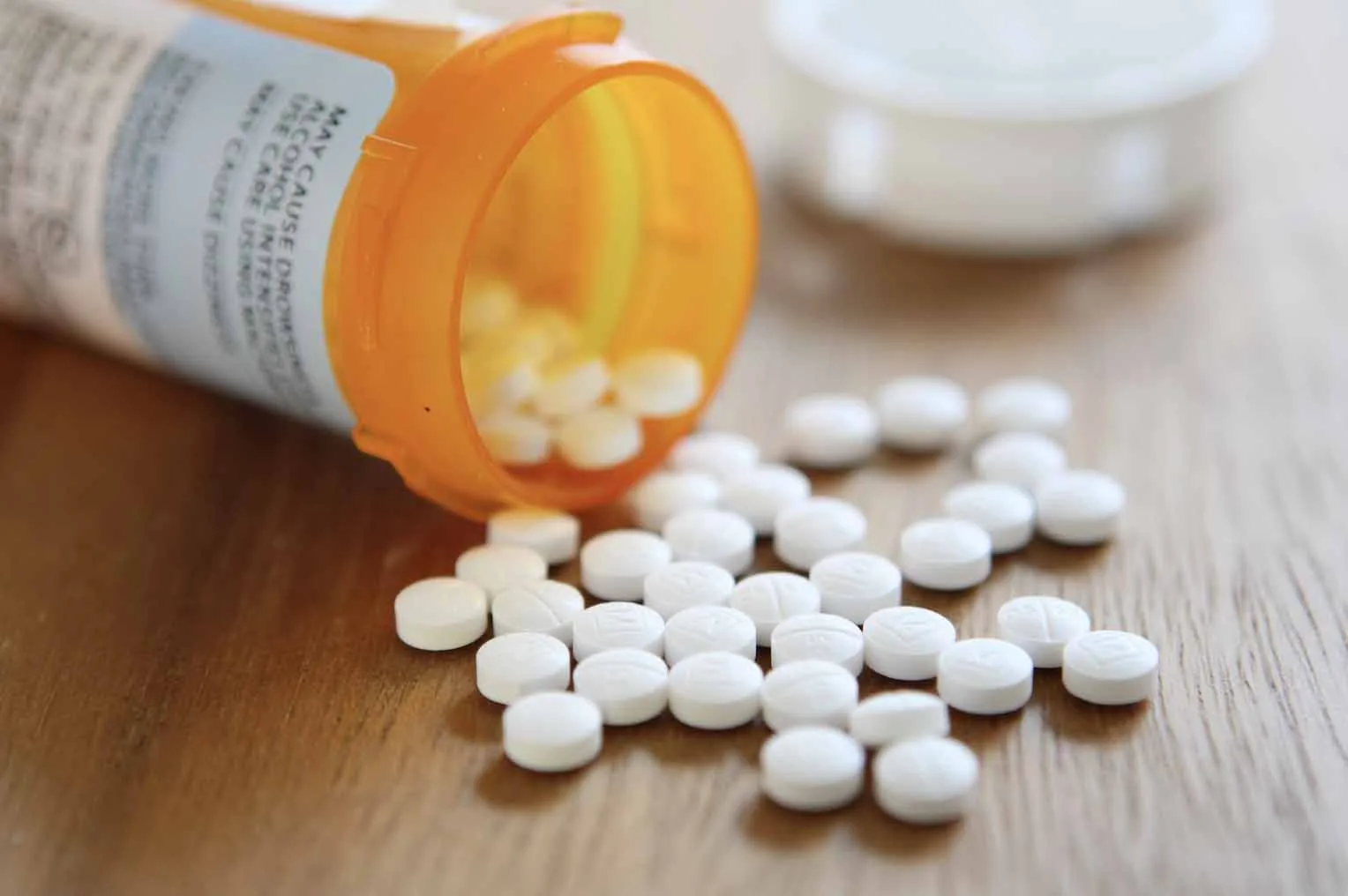Adderall and similar medications can be a legitimate form of treatment for those who struggle to manage conditions such as ADHD, but they also come with a greater risk of prescription drug addiction. When medication is easily accessible, a burgeoning addiction can often go undetected until its impacts on the user are easily visible.
Careful monitoring of prescription drug use can help prevent Adderall addiction before it has a chance to progress. Seeking help at an Adderall addiction rehab can also provide patients with comprehensive plans designed to reduce dependency on prescription drugs.
Genetic Causes
Substance abuse often runs in families due to genetics. According to the University of Utah Genetic Science Learning Center, scientists estimate that genetics account for between 40 to 60% of an individual’s risk of developing addictions.
Environmental Risk Factors
An individual’s environment also plays a significant role in addiction. People surrounded by drug use at home, school, or work have a higher likelihood of using and becoming addicted to substances such as Adderall. When substances are widely available and normalized, the risk of addiction increases.
Co-Occurring Mental Health Conditions
Some people with co-occurring mental health conditions may struggle with substance abuse and addiction. In particular, people with anxiety, depression, ADHD, bipolar disorder, schizophrenia, and personality disorders are all at risk for addiction.
Treatment for Adderall addiction looks different with a co-occurring disorder. Beachway’s dual diagnosis program addresses addiction and mental health conditions simultaneously. These programs use a unique combination of one-on-one therapy, group work, and inpatient treatment to promote long-term recovery.
Adderall Addiction’s Effect on the Brain
Adderall can significantly affect a person’s brain, both emotionally and chemically. The drug is designed to increase the production of neurotransmitters such as dopamine, norepinephrine, and serotonin. Depending on the person, Adderall can cause feelings of euphoria and reduced stress. However, misuse of the drug can lead to a sense of depersonalization and derealization, or the disconnection between a person, their body, and their surrounding environment. Over time, this can cause a feeling of emotional numbness and may even lead to an increase in anxiety.
Misusing Adderall for long periods can permanently alter a person’s neurotransmitter levels. These changes can cause the brain to produce less dopamine on its own, leading to low moods, irritability, and reduced cognitive function. This can lead to a greater dependence on the drug as the person tries to achieve once-natural neurotransmitter levels.







